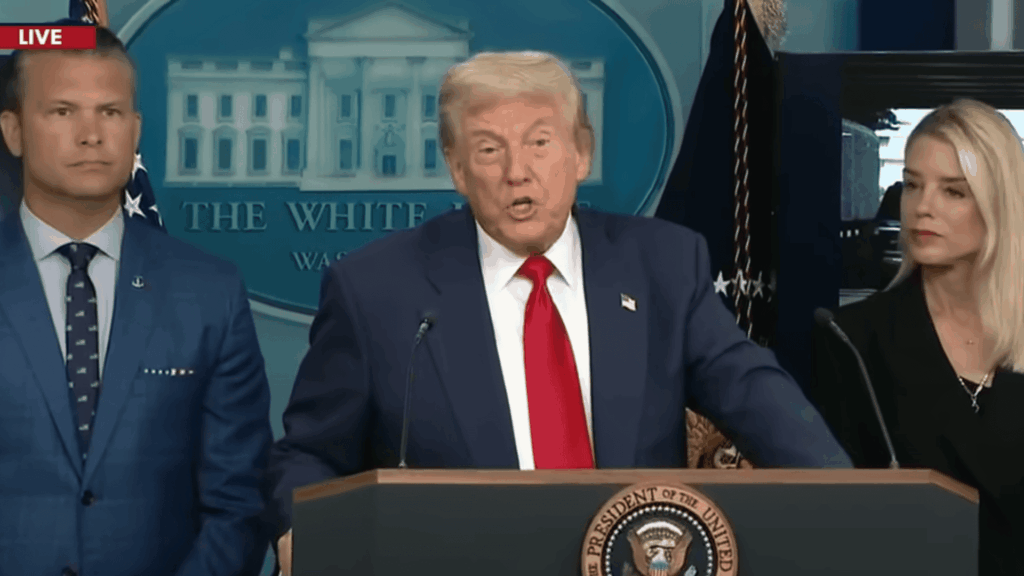What Happened
On August 11, 2025, President Trump announced a “public safety emergency,” placed Washington’s Metropolitan Police Department (MPD) under federal direction, and activated the D.C. National Guard. The White House posted two executive orders setting this in motion. One invokes Section 740 of the District of Columbia Home Rule Act to direct the Mayor to provide MPD services for “Federal purposes,” and delegates operational control to the Attorney General. The other directs the Defense Secretary to coordinate National Guard support.
Major outlets and local officials confirmed the steps and the deployment numbers reported at the briefing.
The legal authorities in play
1) Home Rule Act § 740: emergency use of MPD, with a hard clock
Section 740 authorizes the President, upon determining “special conditions of an emergency nature,” to direct the Mayor to provide MPD services for federal purposes. There are strict limits:
Without notice to Congress’s D.C. committees, control lasts no more than 48 hours.
With notice, services may continue for up to 30 days.
Any extension beyond 30 days requires a joint resolution enacted by both chambers.
This is the exact text of D.C. Code § 1-207.40.
Trump’s executive order cites and relies on this section and delegates direction to the Attorney General. Media and legal explainers noted the 30-day cap.
2) National Guard authority in D.C.
D.C. is unique. The President serves as commander in chief of the D.C. National Guard in its militia status and has long delegated day-to-day authority through the Defense Department, historically to the Secretary of the Army. That structure makes activation for civil law enforcement easier in D.C. than in states. Relevant authorities include D.C. Code §§ 49-102 and 49-103, Title 32 duty status, and the Posse Comitatus Act’s limits when Guard troops are federalized as armed forces. Lawfare’s analysis walks through these provisions and the delegation history. The D.C. National Guard’s official site also confirms the presidential command structure and delegation.
The White House order instructs the Defense Secretary to coordinate additional Guard support if needed.
What this does not change
The Insurrection Act was not publicly invoked. The Home Rule Act provision is time-limited and specific. After 30 days, continued federal direction of MPD would require a joint resolution of Congress unless Congress is adjourned sine die, in which case a separate timing rule applies.
Crime trends you need to know
National data show large declines in crime over three decades, a spike during the height of COVID, then renewed declines:
Violent crime fell about 49 percent from 1993 to 2022.
The FBI estimates violent crime fell another 4.5 percent in 2024 versus 2023.
Council on Criminal Justice reports show homicides and most tracked offenses declined in 2024 and continued downward into mid-2025 across a 40+ city sample.
Coverage of D.C. specifically notes recent declines despite the President’s rhetoric.
Racial impact and civil-rights risks
Civil-rights advocates warn that extraordinary policing powers in D.C. will fall hardest on Black residents, especially young Black men. The ACLU of D.C. called the use of Section 740 “the first time” it has been used and flagged the danger of militarized enforcement absent clear necessity. Black leaders and local officials described the move as an authoritarian overreach that targets a majority-minority city.
Past federal interventions in D.C. policing produced poor outcomes, including rushed hiring and corruption scandals in the late 1980s and 1990s. The Washington Post’s historical review is instructive about unintended consequences of federal micromanagement.
How to read the claims versus the record
Claim of a uniquely dire D.C. crisis: The White House order asserts D.C. is among the most dangerous jurisdictions and cites 2024 rates. Independent reporting the same week shows crime has fallen in D.C. over the last two years. The legal authority still allows the President to declare an emergency, but facts undercut the necessity argument.
Federal control duration: Hard 30-day ceiling without a new law. Watch for any attempt to roll over the order.
Guard deployments for local law enforcement: Legally easier in D.C. because of the President’s direct authority over the D.C. Guard, but still controversial due to civil-military norms and the Posse Comitatus framework.
Bottom line
The President used a narrow, rarely used Home Rule Act provision to direct MPD for federal purposes and paired it with D.C. Guard activation. The statute gives him short-term leverage, not open-ended control. Crime data show long-term declines and post-COVID improvements, which undercut the claimed necessity. The policy choice concentrates coercive power in ways that will predictably fall on Black communities, especially young Black men, which D.C. advocates and officials are already protesting.

